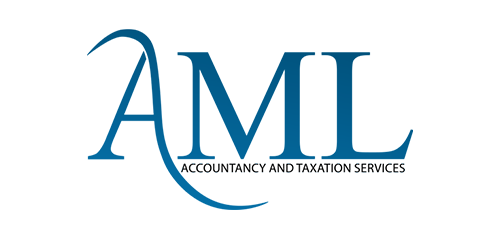What records do I need to keep?
You are required by law to keep correct records to enable you to fill in a tax return. These include:
- income and sales generated by your business
- the costs of running your business – your expenses
- PAYE records – if you employ anyone
- VAT records – if you are VAT registered
- details of your personal income
You must keep your records for at least 5 years after the deadline for the relevant year. This includes proof such as receipts, bank statements and invoices.
What if I need help filing my tax return?
HMRC offer a series of webinars and videos that provide self-help advice on everything from understanding why you have been sent a tax return to appealing against late fine penalties.
Alternatively, an accountant or tax adviser will be able to take care of the entire process from start to finish or help with aspects of the Self Assessment process that you are unsure of.
